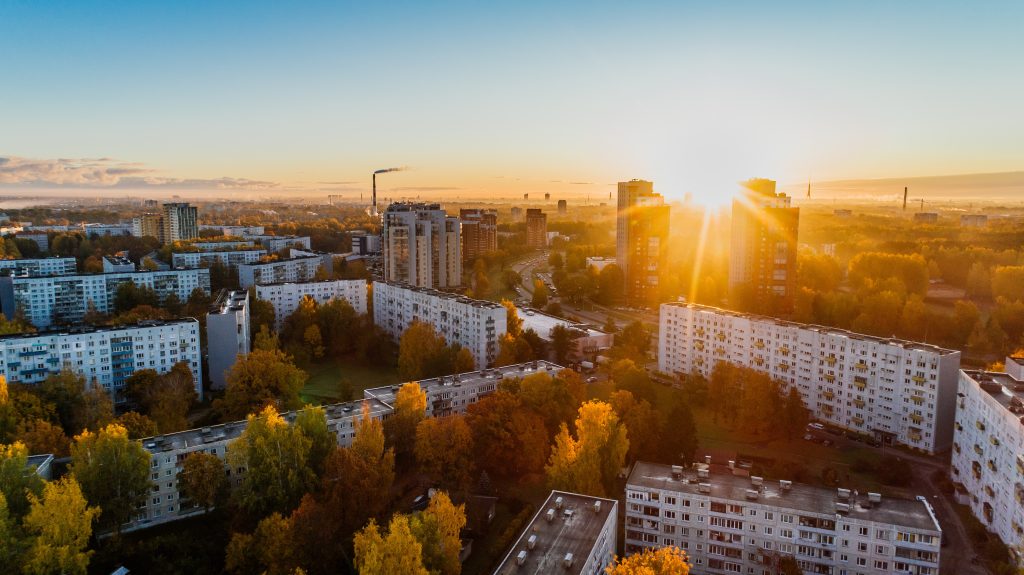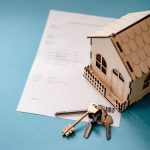As Index writes, the forum was organised by the Real Estate Association of the Croatian Chamber of Commerce (HGK). As the president of that association, Dubravko Ranilović, said, it is not yet possible to say with certainty what the next year will look like, but he believes there will be a change in trends.
“There will be a certain slowdown in the real estate market; prices cannot rise indefinitely in this way,” said Ranilović.
The economy of the EU, including Germany, is slowing down due to the crisis and heading towards recession, interest rates are rising due to inflation, and given that more than a third of real estate buyers in Croatia are foreigners, this will be reflected in the Croatian market in the next year, he assessed.
Ranilović stressed the importance of differentiating the Croatian market, with the coast largely dependent on foreigners, and the rest mainly on Croatian customers.
Regarding foreign buyers, the data of the Tax Administration show that, since last year, there have been a total of 31,361 sales of houses or apartments, 9,491 of which were sold to foreign buyers.
From July 2021 to June 2022, foreigners bought 12,518 residential properties in Croatia, or 36 percent of the total. With 3,501 purchased properties, Germans are in the lead, followed by Slovenians with 3,090. The number of real estate sales to foreigners is constantly growing, and Ranilović pointed out that in some cities in the coastal counties, it exceeds 90 percent.
The phenomenon of “neighbour’s optimism”
When it comes to the overall state, Ranilović pointed out that the requested prices of real estate are growing at significantly higher rates than realised prices, which means that the prices and demands of owners are not realistic everywhere, which especially applies to used real estate. Moreover, the difference between the requested and realised prices is increasing, and according to some estimates, it already reaches close to 15 percent on average while at the beginning of the year, it was only ten percent, pointed out Ranilović. Some call this phenomenon “neighbour’s optimism,” in the sense that it is difficult for someone to give up an amount that they heard someone else achieved, he added.
When it comes to apartments, for example, data from the real estate market for 2021 show that the requested price per square meter for apartments in Croatia was 2,197 euros, and the achieved price was 1,731 euros. At the same time, the average realised price per square meter for apartments in Zagreb was 1,847 euros last year, an 2,047 euros on the coast.
New build leads in prices, where quality properties in good locations are sold quickly, but what is being built is not enough to satisfy needs. On the other hand, used real estate is not up to standard; therefore the existing housing stock, which is generally poor, that is, insufficiently maintained, should be significantly improved, Ranilović said.
“The aim of the profession is for the market to move within as realistic a framework as possible”
He explained that the asking price is the subjective opinion of the owner about the value of the property, so if the market “goes down”, only those who have to sell will first sell at lower prices, while it takes six months to a year for others to correct their prices. “People will have a hard time accepting reality. That’s just the way it is,” asserted Ranilović.
He told the large number of people gathered from the real estate sector at the Westin Hotel, more than 700 of them, that they should be a “real stabiliser of the real estate price market,” and not “flatter the owners” to further encourage price growth and “inflate the bubble.” “The more that bubble inflates, the more difficult it will be for us later,” said Ranilović.
As some good news, he cited the growth in the number of construction land transactions, which last year was 19.6 thousand, considering that this also assumes future business activity.
The adviser to the president of HGK, Josip Zaher, said that the goal of the profession is for the market to move within as realistic a framework as possible, in order to mitigate the consequences of a possible slowdown and to avoid a repeat of the 2008 crisis. He pointed out that as a result of the present inflation, the prices of construction materials and labor have also increased, so the prices of real estate have also increased significantly.
He reported that in 2021, around 135,000 transactions, worth more than HRK 60 billion, were realised on the real estate market.
State Secretary in the Ministry of Economy and Sustainable Development Nataša Mikuš Žigman pointed out that last year’s value of real estate transactions accounted for 14 percent of GDP, which testifies to how “vibrant and alive” the real estate market is.
Housing affordability is a growing problem
Member of the council of the Real Estate Business Association HGK and owner of the Zagreb West agency Lana Mihaljinac Knežević stated that, in case of continuation of the current macroeconomic trends, in the next year “price stabilisation can definitely be expected”.
Concerning new builds, considering that the offer is not sufficient, there should not be any major changes, while for old buildings, especially in Zagreb and on the coast, owners are expected to change their expectations and lower the asking prices, Mihaljinac Knežević pointed out.
She said that the affordability of housing in Croatia is becoming an increasing problem, and therefore a systematic strategy is needed, and there have been announcements of such projects in Zagreb.
Agricultural land is the most traded real estate product, and further growth of such transactions is expected because the moratorium on the purchase of agricultural land by EU citizens ends next year, said Mihaljinac Knežević.
For more, make sure to check out our dedicated Lifestyle section.










